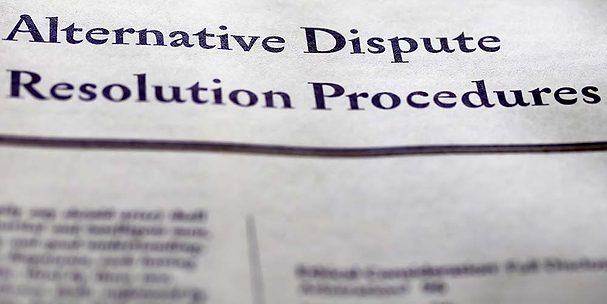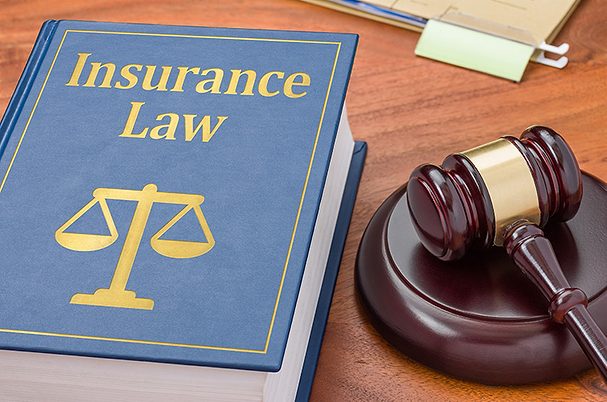Legal
Legal Pipeline
Corporate parties would do well to ensure their agreements for binding
dispute resolution are fair, balanced and clearly communicated to consumers.
Read More
Legal Pipeline
Online Agreements to Arbitrate: What Plumbing Professionals Should Know
When using digital contracts, know what to look for and follow best practices to better protect your rights.
Read More
Legal Perspective
Litigation or Arbitration: Which is Better? You Be the Judge!
Each of these dispute resolution avenues includes certain advantages and disadvantages of which you need to be aware.
Read More
Legal Pipeline
Don’t Be a Discovery Doofus
Take document drudgery seriously or be prepared to pay the price.
Read More
Legal Perspective
Are Noncompete Clauses No Longer Enforceable?
It all depends on who the parties are, the purpose or circumstances of the clause, and the outcome of pending legal challenges to the FTC’s final rule.
Read More
Legal Pipeline
Will Copyright Law Protect Design Professionals from AI Purveyors?
A pending federal copyright infringement lawsuit may be of particular significance for plumbing design professionals.
Read More
Legal Pipeline
Mutual Waiver of Subrogation in Prime Contract May Not Protect the Subcontractor
Ensure your construction attorney examines the contract and researches how courts in the project’s jurisdiction interpret subrogation waivers.
Read More
Legal Perspective
Focusing On the Law
The new CTA reporting requirements will likely not be overly burdensome for small businesses with simple ownership and operating structures.
Read More
Feature
Copyright Infringement Ruling
D.C. Circuit Court of Appeals holds non-commercial use of standards
incorporated by reference into law is fair use.
Read More
Legal Pipeline
To Arbitrate or Not
The answer lies squarely in the parties’ agreement; courts will often defer to the express dispute resolution provisions in the parties’ agreement.
Read More














